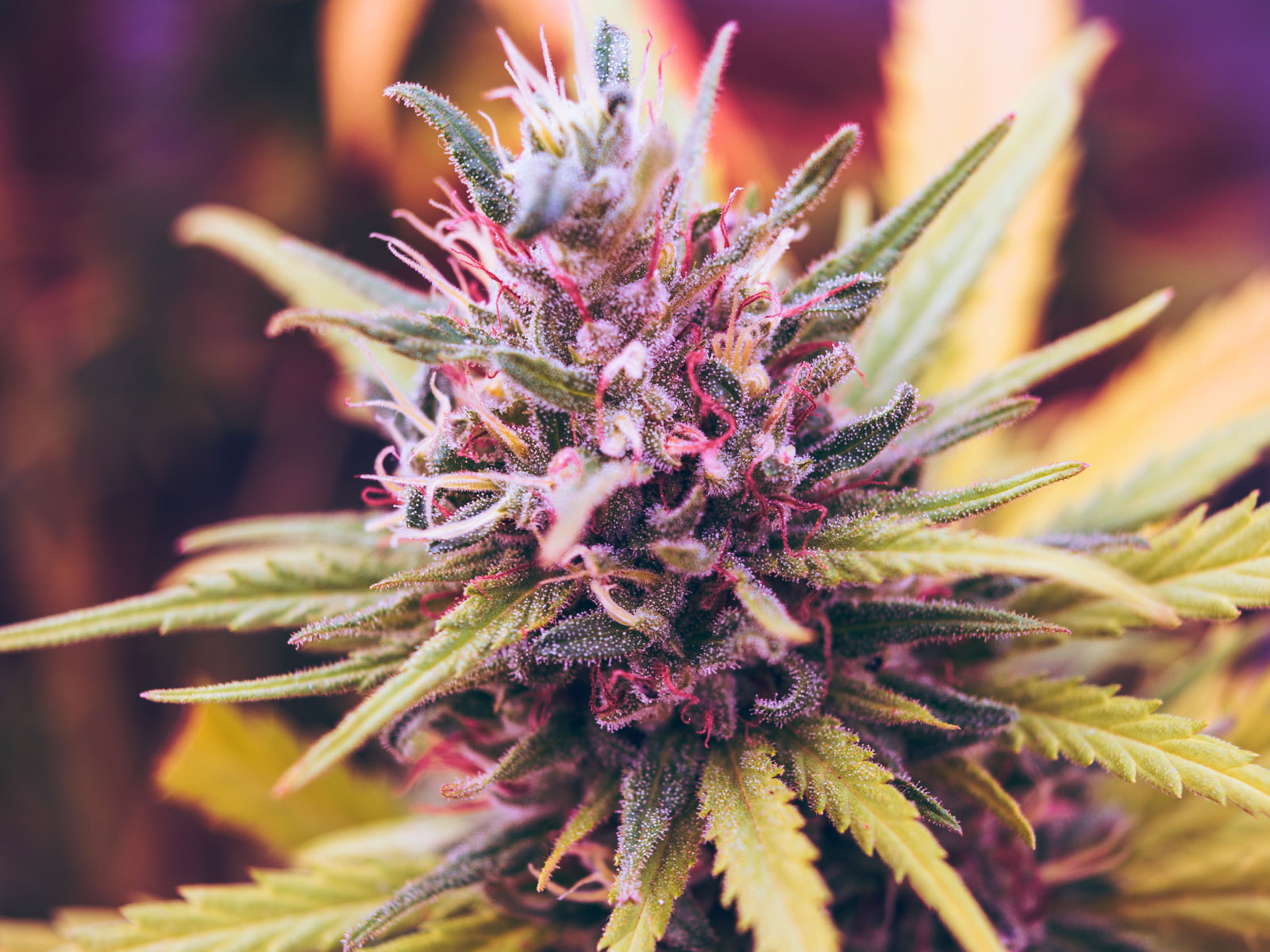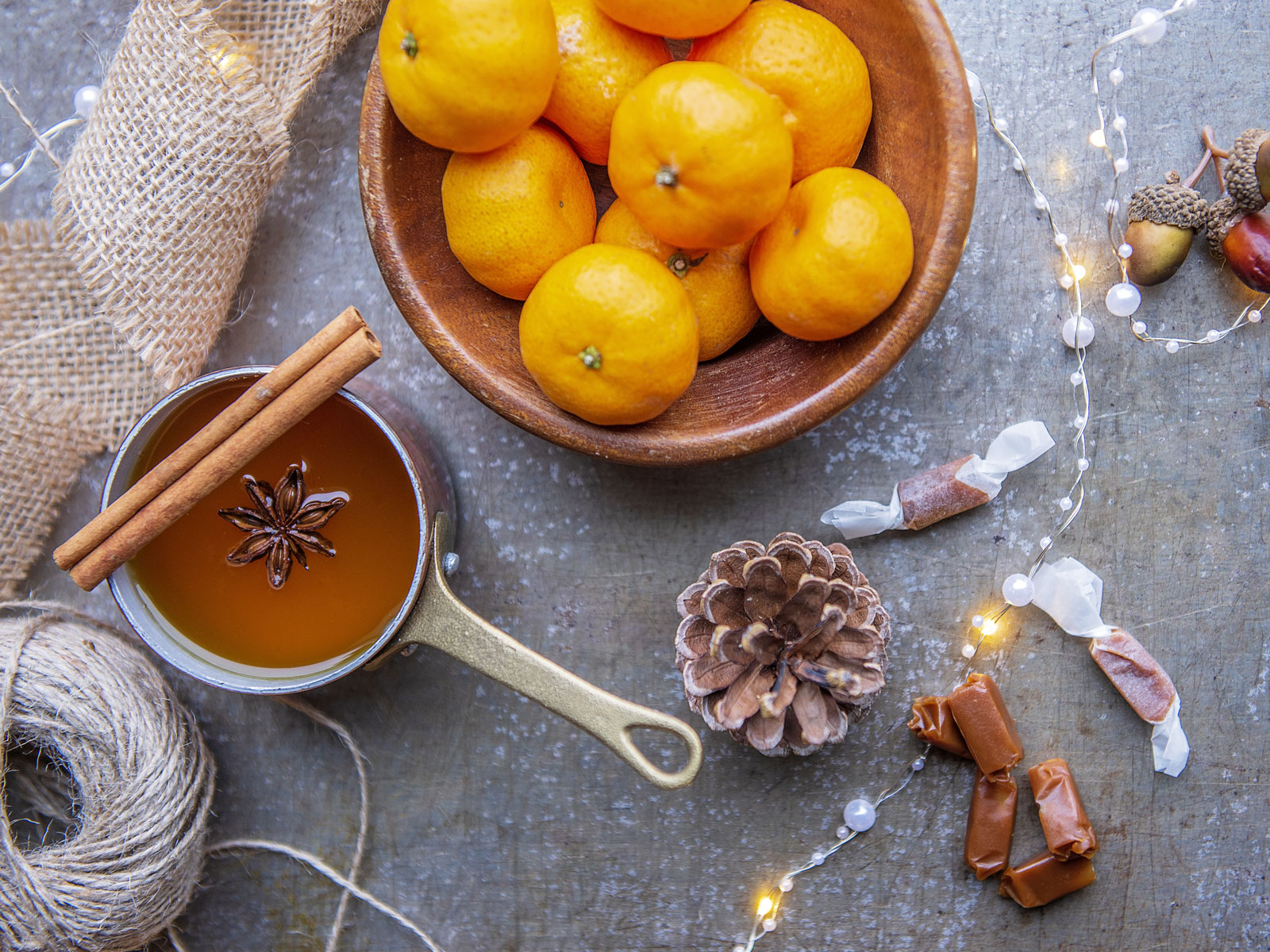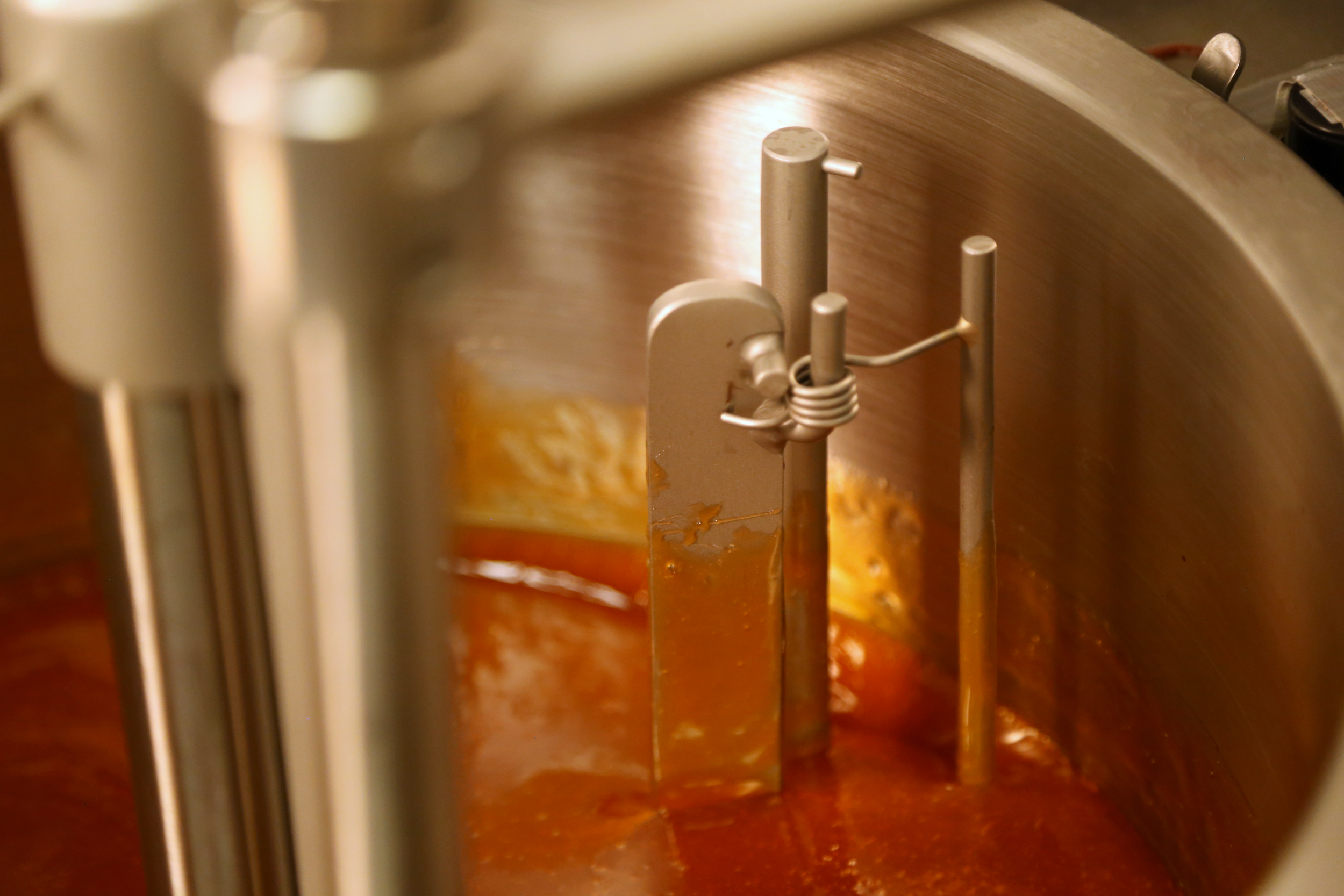Don’t rush to puff – appreciate your cannabis bud. Hold it up to the light. Examine the tiny orange hairs, the delicate leaves and the sugary crystals. Now, go ahead, smell it. Not a snort. More like little sniffs. Close your eyes. Let the smell roll around in your sinuses and mouth. Taste it. Feel it. Savour it.
Just as there’s a method to wine tasting, so too for cannabis appreciation. Connoisseurs are as interested in the story of the bud as where it will take them. It’s part of a growing recognition that cannabis has terroir just like wine.
“In the wine industry we talk about terroir a lot. It’s just as relevant to cannabis growers.” -Jamie Evans
“In the wine industry we talk about terroir a lot,” says Jamie Evans, the founder of The Herb Somm, a cannabis blog and lifestyle brand. “It’s just as relevant to cannabis growers. A pinot noir grown in California or Ontario tastes different. Same for the same strain of cannabis grown in two different regions. Each has a distinct flavour and aroma.”
French winemakers invented terroir in the 1970s as a marketing offensive against competition from emerging wine regions, especially Australia and the U.S. The term refers to the environmental factors unique to growing on a specific farm or even field, including the weather, topography, soil composition, cultivation and processing practices. Essentially, it’s a belief that a vintner is bottling the place as much as a grape.

Many cannabis growers believe they are doing the same. A cannabis flower sold in a dispensary is the sum of the specific moisture, sun and soil conditions, pollination, fertization and cared for, everything that happened while the plant was growing on that farm. And like wine, harvesting, curing and storing also play an important roll.
There’s some science to back up the comparison. Evans was a sommelier, or expert on wine, for a decade before turning her nose and palate to cannabis. She says the two products are more similar and complimentary than most people realize. Grapes and cannabis both contain terepenes, the chemical compounds that impart smell and flavour. Scientists have identified 50 different terepenes in wines and more than 200 in cannabis.
“It’s so fascinating to come to cannabis and find so many similarities and parallels with wine,” she says. “Cannabis growers are just as passionate as winemakers. They talk about the same things.”
Learning to “taste” the two products is almost an identical process. Humans sense more than 75 percent of “flavour” through smell, leaving less than 25 percent for taste.
“A big part of terroir appreciation is in the nose, especially with cannabis.” -Jamie Evans
“A big part of terroir appreciation is in the nose, especially with cannabis,” Evans says.

To train yourself Evans recommends working through your spice cabinet, learning the smell of rosemary, tyme, cloves and cinnamon. When you can identify them blind move on to fresh herbs, fruit and flowers. Most smells are terpenes. For instance, the cannabis terepene limonene smells like lemons. By building your vocabulary of smells you can pick out and appreciate the hints in the wine or cannabis.
After smell, the best way to enjoy cannabis terroir is in food. Because terepenes are cumbustile smoking or vaping destroys most of the aromas. They go up in smoke, literally, Evans says. But infuse them in oils and cannabis imparts subtle and complex flavours into dishes.
“It’s an unexplored ingredient,” she says. “Chefs are excited to cook with it. It’s a new flavour to work with. A new challenge.”
To explore the different ways of complimenting and contrasting food and wine with cannabis Evans started Thursday Infused, in the San Francisco area. The private dinners pair chefs, cannabis, wine and food into evenings of gastronomy and education. It’s a trend she sees growing as passionate farmers come out of dark, laws liberate chefs to experiment and the slow food and 100-mile diet movements excites consumers to experiment with strains, terepenes and especially terroir.
“We’re starting to look at cannabis in a whole new way,” she says. “It’s changing how we think about it. I believe cannabis is destined to be a gourmet product just like wine.”
Did you like this article?
Sign up for our newsletter to make sure you're in the know about all of our new product releases, contests and more.





